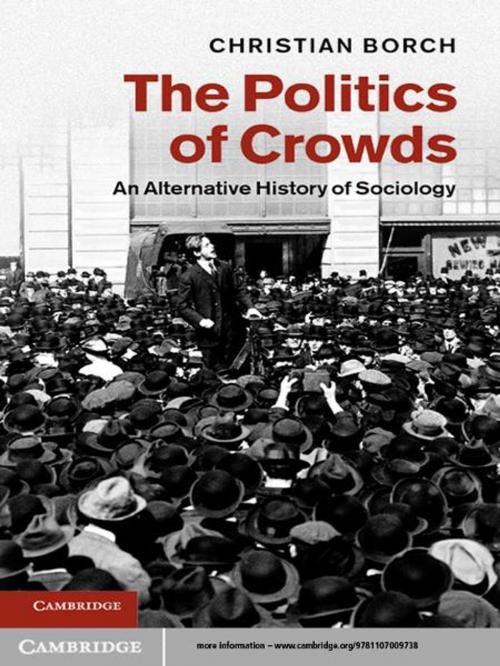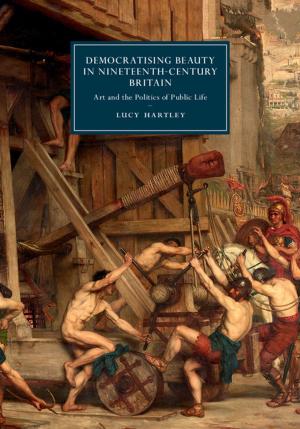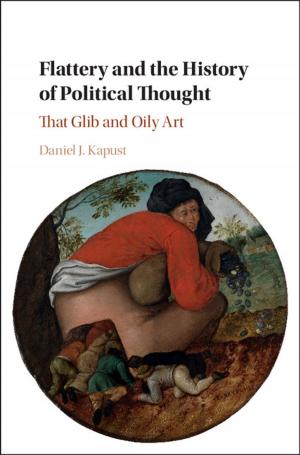The Politics of Crowds
An Alternative History of Sociology
Nonfiction, Social & Cultural Studies, Social Science, Sociology, Health & Well Being, Psychology| Author: | Christian Borch | ISBN: | 9781139365925 |
| Publisher: | Cambridge University Press | Publication: | April 12, 2012 |
| Imprint: | Cambridge University Press | Language: | English |
| Author: | Christian Borch |
| ISBN: | 9781139365925 |
| Publisher: | Cambridge University Press |
| Publication: | April 12, 2012 |
| Imprint: | Cambridge University Press |
| Language: | English |
When sociology emerged as a discipline in the late nineteenth century, the problem of crowds constituted one of its key concerns. It was argued that crowds shook the foundations of society and led individuals into all sorts of irrational behaviour. Yet crowds were not just something to be fought in the street, they also formed a battleground over how sociology should be demarcated from related disciplines, most notably psychology. In The Politics of Crowds, Christian Borch traces sociological debates on crowds and masses from the birth of sociology until today, with a particular focus on the developments in France, Germany and the USA. The book is a refreshing alternative history of sociology and modern society, observed through society's other, the crowd. Borch shows that the problem of crowds is not just of historical interest: even today the politics of sociology is intertwined with the politics of crowds.
When sociology emerged as a discipline in the late nineteenth century, the problem of crowds constituted one of its key concerns. It was argued that crowds shook the foundations of society and led individuals into all sorts of irrational behaviour. Yet crowds were not just something to be fought in the street, they also formed a battleground over how sociology should be demarcated from related disciplines, most notably psychology. In The Politics of Crowds, Christian Borch traces sociological debates on crowds and masses from the birth of sociology until today, with a particular focus on the developments in France, Germany and the USA. The book is a refreshing alternative history of sociology and modern society, observed through society's other, the crowd. Borch shows that the problem of crowds is not just of historical interest: even today the politics of sociology is intertwined with the politics of crowds.















